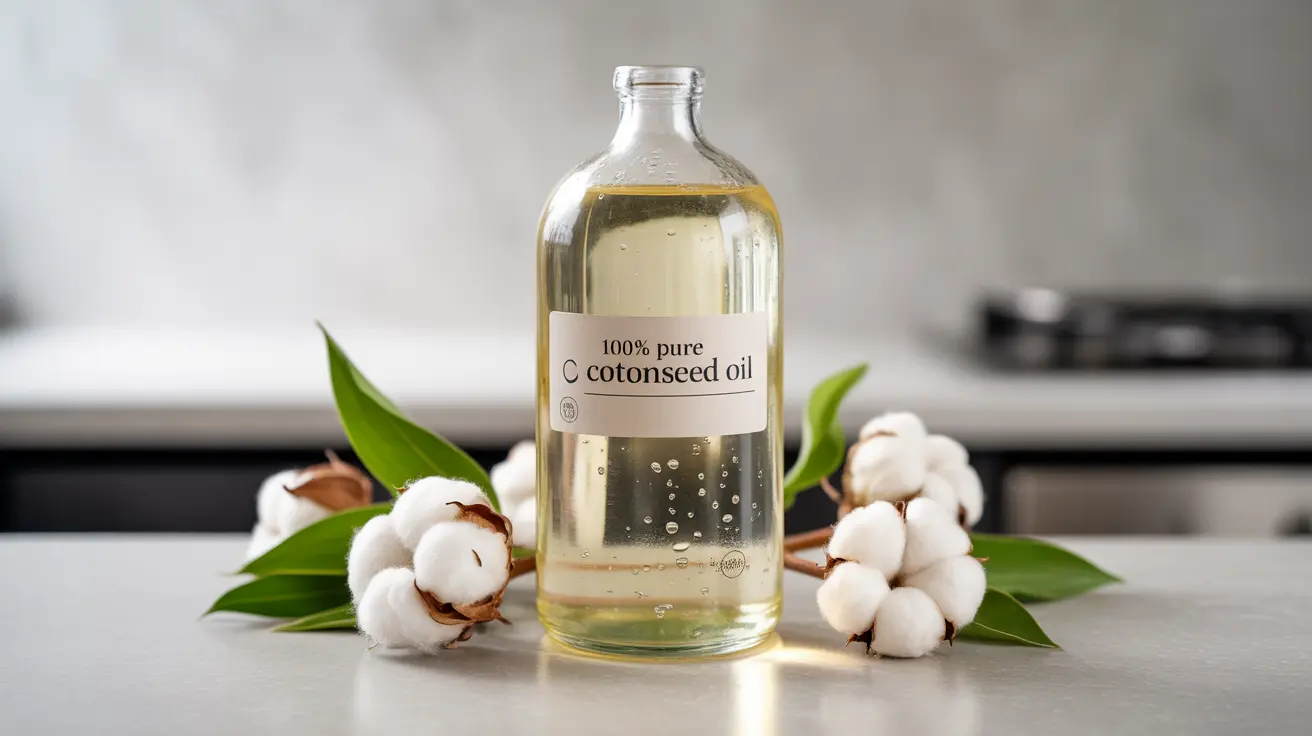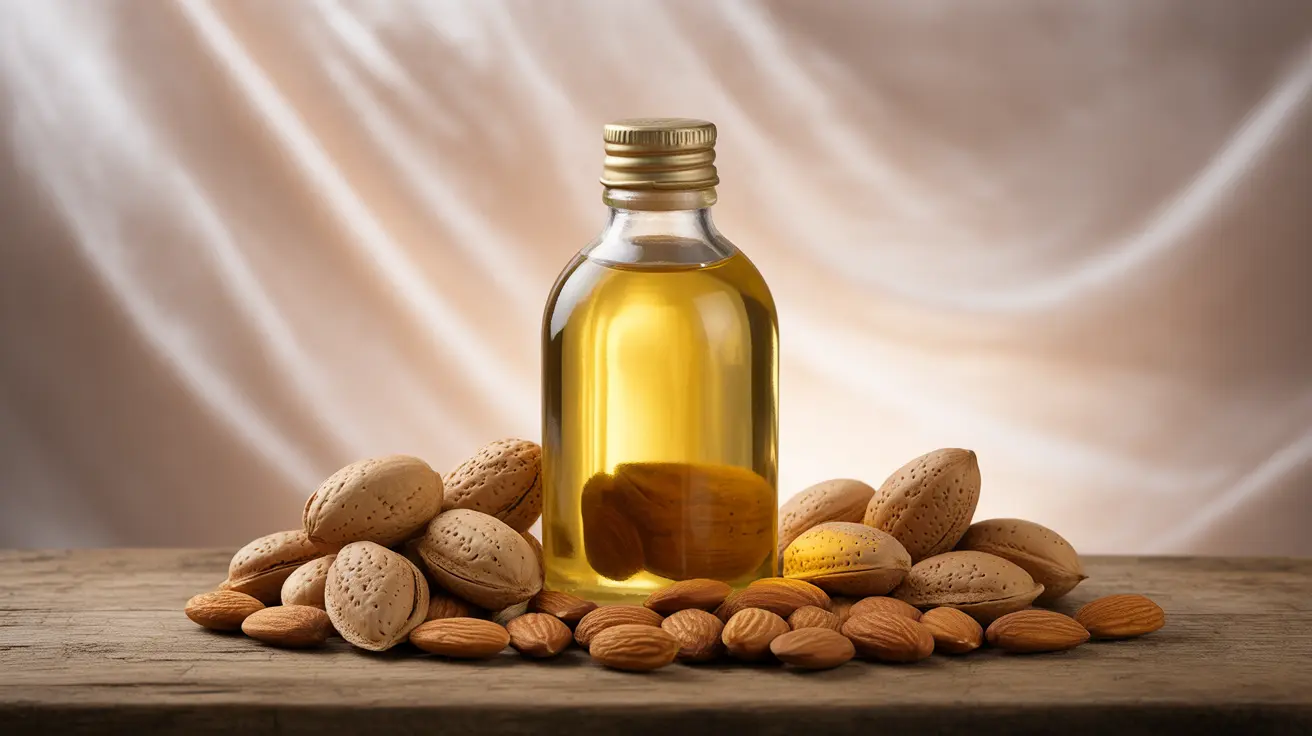Cottonseed oil, a versatile cooking oil extracted from cotton plant seeds, has gained attention in both culinary applications and skincare products. This comprehensive guide explores the potential benefits, risks, and practical uses of cottonseed oil, helping you make informed decisions about incorporating it into your lifestyle.
Nutritional Profile and Composition
Cottonseed oil contains a unique blend of fatty acids, including polyunsaturated fats, monounsaturated fats, and saturated fats. It's particularly rich in vitamin E, an important antioxidant that supports immune function and skin health. The oil also contains beneficial compounds like omega-6 fatty acids, though it's important to balance these with omega-3s in your overall diet.
Health Benefits of Cottonseed Oil
Heart Health Considerations
Research suggests that cottonseed oil may offer certain cardiovascular benefits when used as part of a balanced diet. Its relatively high levels of polyunsaturated fats can help maintain healthy cholesterol levels when replacing saturated fats in the diet. However, it's essential to consume it in moderation as part of an overall healthy eating pattern.
Antioxidant Properties
The vitamin E content in cottonseed oil provides antioxidant protection, helping to combat free radicals in the body. This property may contribute to reduced inflammation and better overall cellular health when included as part of a varied diet.
Cooking Applications
Smoke Point and Stability
Cottonseed oil features a relatively high smoke point (approximately 420°F/215°C), making it suitable for various cooking methods, including frying, sautéing, and baking. Its neutral flavor profile allows it to complement different dishes without overpowering other ingredients.
Best Uses in the Kitchen
- Deep frying and pan frying
- Baking applications
- Salad dressings
- Marinades and sauces
Safety Considerations
Refined vs. Unrefined
Commercial cottonseed oil undergoes significant refining to remove gossypol, a naturally occurring toxin found in cotton plants. Modern refining processes make commercially available cottonseed oil safe for consumption, though it's important to purchase from reputable sources.
Potential Risks and Considerations
- Potential pesticide residues if not properly processed
- Higher omega-6 content, which should be balanced with omega-3 sources
- Individual allergic reactions in sensitive individuals
Skincare Applications
Beyond cooking, cottonseed oil has found its way into skincare products due to its emollient properties and vitamin E content. It can help moisturize skin and may provide some protection against environmental damage when used in appropriate formulations.
Frequently Asked Questions
What are the potential health benefits and risks of using cottonseed oil in cooking and skincare? Benefits include its high vitamin E content, versatility in cooking, and potential heart health benefits. Risks are minimal with refined oil but include possible pesticide exposure if not properly processed and the need to balance omega-6 intake.
Is cottonseed oil a healthier alternative to other vegetable oils for heart health? While cottonseed oil contains beneficial polyunsaturated fats, it's comparable to other vegetable oils. Oils like olive oil may offer additional heart health benefits due to their higher monounsaturated fat content.
What are the symptoms of gossypol toxicity, and how likely is it to occur from consuming refined cottonseed oil? Gossypol toxicity is extremely unlikely from refined cottonseed oil as the refining process removes this compound. Symptoms of gossypol toxicity primarily occur from consuming unrefined products and include irregular menstrual cycles, decreased appetite, and anemia.
Can consuming cottonseed oil help lower cholesterol levels, and what are the best ways to incorporate it into a diet? When used to replace saturated fats, cottonseed oil may help maintain healthy cholesterol levels. Incorporate it moderately in cooking, baking, and dressings as part of a balanced diet.
How does cottonseed oil compare to olive oil or sunflower oil in terms of nutritional content and cooking applications? Cottonseed oil has a higher smoke point than olive oil, making it better for high-heat cooking. While olive oil contains more beneficial monounsaturated fats, cottonseed oil offers good stability and versatility in cooking. Sunflower oil has a similar nutritional profile, though specific compositions can vary by type.




